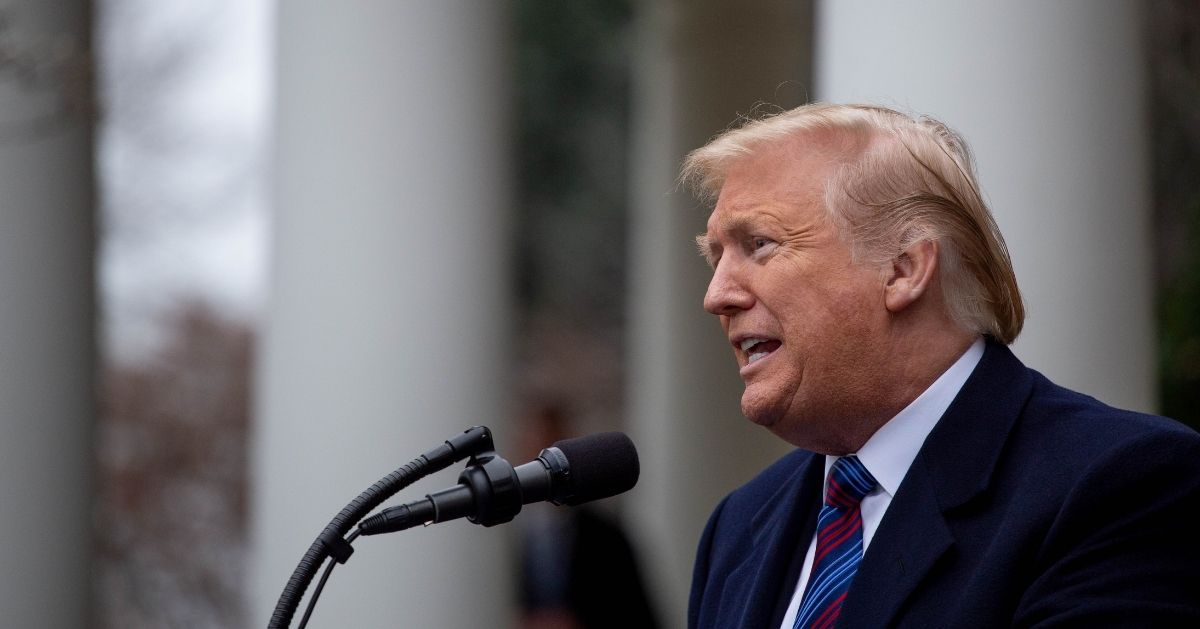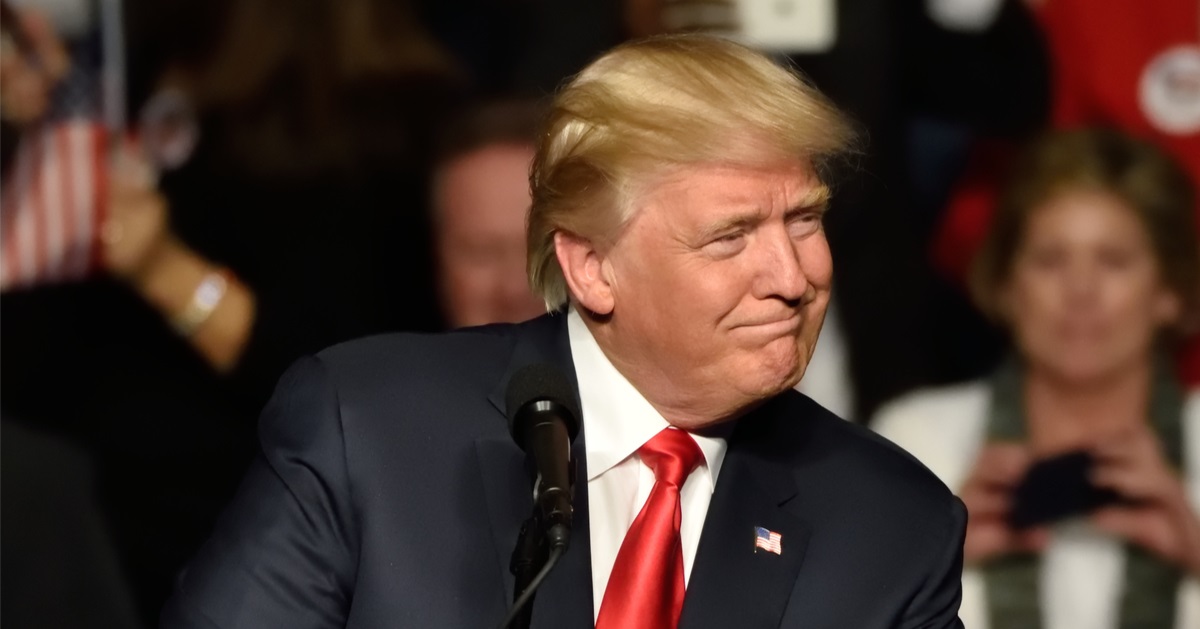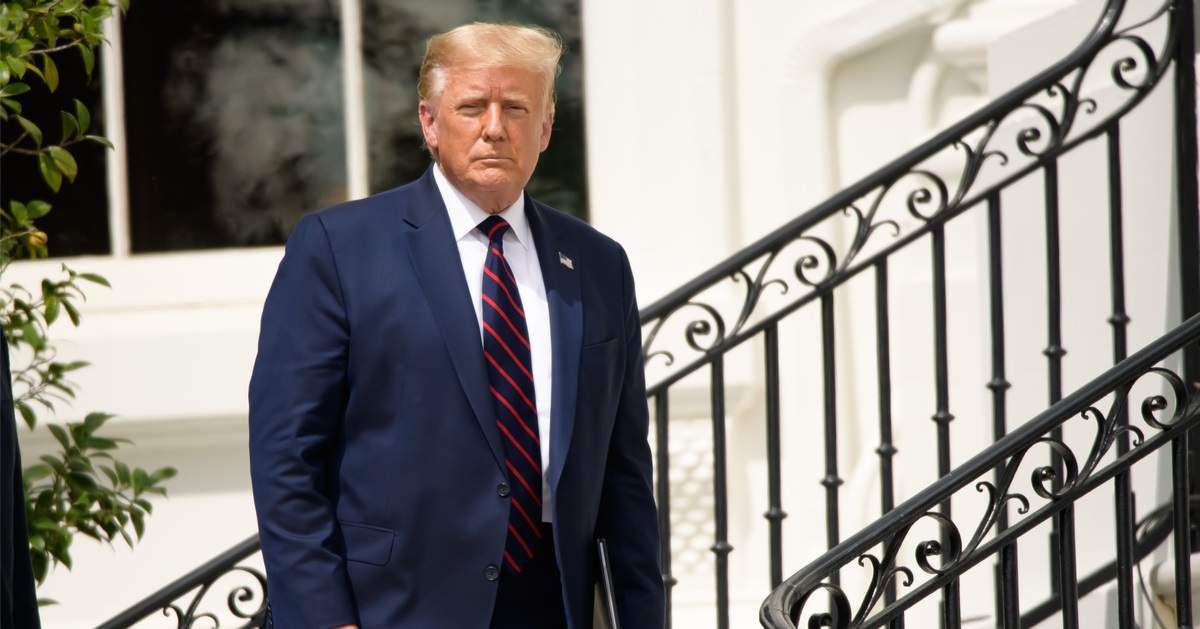Supreme Court to hear arguments on injunctions blocking Trump's order to end birthright citizenship
The U.S. Supreme Court said Thursday that it would hear oral arguments next month on President Donald Trump's request to end injunctions against his order to end automatic birthright citizenship.
Oral arguments are scheduled for May 15.
The order does not end all birthright citizenship, but seeks to set new standards for determining citizenship for children born in the U.S. to parents who do not have permanent legal status.
Currently, three injunctions by district courts are blocking Trump's order from going forward.
"Enough is enough"
Trump is requesting that the administration at least be allowed to start preparing for the change. He also argued that a district court should not be allowed to block the order for the entire country.
"This Court should declare that enough is enough before district courts’ burgeoning reliance on universal injunctions becomes further entrenched," Trump's acting solicitor general wrote in the request. "The Court should stay the district courts’ preliminary injunctions except as to the individual plaintiffs and the identified members of the organizational plaintiffs (and, if the Court concludes that States are proper litigants, as to individuals who are born or reside in those States)."
"At a minimum, the Court should stay the injunctions to the extent they prohibit agencies from developing and issuing public guidance regarding the implementation of the Order. Only this Court’s intervention can prevent universal injunctions from becoming universally acceptable," she added.
The court may or may not rule on the injunctions themselves, which say that Trump's order violates the 14th Amendment guarantee of birthright citizenship.
A constitutional violation?
That right was recently upheld by the high court, but doesn't have to be part of the upcoming ruling.
Trump's request was couched as an "emergency," but opponents argue that it is no such thing.
"Being directed to follow the law as it has been universally understood for over 125 years is not an emergency warranting the extraordinary remedy of a stay," a coalition of states and immigrant advocates wrote. "This Court should deny the federal government’s request."
Their argument is that birthright citizenship has been a "settled" issue for more than 100 years.
"For over a century, it has been the settled view of this Court, Congress, the Executive Branch, and legal scholars that the Fourteenth Amendment’s Citizenship Clause guarantees citizenship to babies born in the United States regardless of their parents’ citizenship, “allegiance,” “domicile,” immigration status, or nationality," they said.
But the Trump administration argued that the courts never considered language in the 14th Amendment that requires that the child (through their parents) be "subject to the jurisdiction of" the United States, which citizens of another country would not legally be. Therefore, Trump says, a child born to illegal immigrants is not covered under the 14th Amendment.





